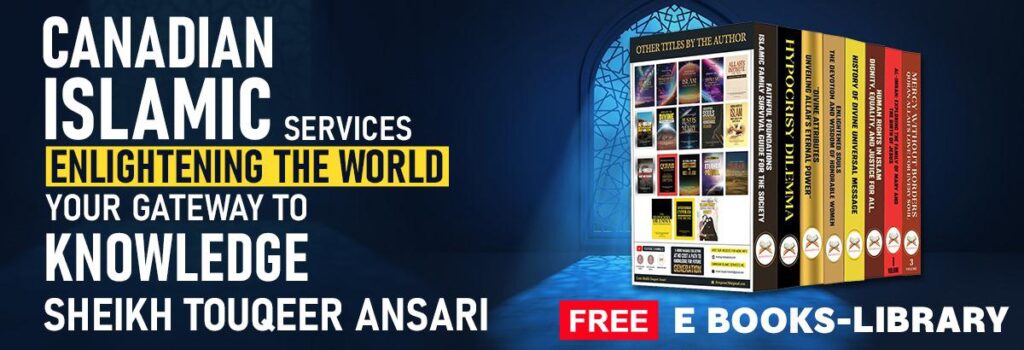
Moses and Monotheism: The Exodus and Divine Guidance
The story of Prophet Moses (Musa in Arabic) is one of the most compelling narratives in religious history, replete with dramatic events, divine miracles, and a resounding call to monotheism. In the context of today’s world, the account of Moses serves as a timeless source of inspiration, moral guidance, and a testament to the enduring message of monotheism.
The Birth and Early Life of Moses: A Divine Intervention
Moses’ story begins with a remarkable act of divine intervention. He was born during a time when the Pharaoh of Egypt had ordered the mass killing of Hebrew male infants due to a prophecy that a boy would rise to challenge his tyranny. To protect her son, Moses’ mother placed him in a basket and set him adrift on the Nile River. Miraculously, the infant was discovered by the Pharaoh’s own family and raised within the royal palace.
This twist of fate illustrates the theme of divine providence—an overarching message that resonates with people of all faiths in today’s world. It teaches us that even in the face of adversity and seemingly insurmountable odds, faith in God’s plan can lead to unexpected and transformative outcomes.
The Divine Encounter at the Burning Bush: Allah’s Guidance
One of the most iconic moments in Moses’ life occurred when he encountered a burning bush that was not consumed by the flames. From within the bush, God spoke to Moses, commissioning him with a divine mission—to lead the enslaved Israelites out of Egypt to freedom.
This moment symbolizes the profound connection between monotheism and liberation. The message of one God Allah, the Creator of all, served as the catalyst for the liberation of an entire nation from oppression. It reminds us that monotheism is not merely a theological concept but a guiding principle that can inspire social justice and emancipation.
The Plagues and the Exodus: A Display of Allah ‘s Power
The Exodus from Egypt is a pivotal event in the life of Moses. Guided by God’s instructions, Moses confronted the Pharaoh, demanding the release of the Israelites. As a sign of Allah’s power and determination, a series of plagues were sent upon Egypt, culminating in the dramatic parting of the Red Sea to allow the Israelites to escape while drowning the pursuing Egyptian army.
The story of the Exodus is a testament to the concept of divine justice and the consequences of oppression. It underscores the power of monotheism to inspire resilience and perseverance in the face of adversity—a message that resonates with those striving for justice and freedom in today’s world.
The Ten Commandments: Divine Moral Code
One of Moses’ most profound contributions to monotheism is the delivery of the Ten Commandments on Mount Sinai. These commandments, given by God, form the foundation of ethical and moral conduct in the monotheistic tradition.
The commandments, including “You shall not murder,” “You shall not steal,” and “You shall not covet,” provide a timeless moral framework that is applicable to people of all faiths and backgrounds. They emphasize the importance of monotheism in shaping a just and compassionate society.
The Legacy of Moses: A Message for Today’s World
The story of Moses and his pivotal role in delivering monotheism, leading the Exodus, and receiving the Ten Commandments is a message that transcends time and culture. It serves as a reminder of the enduring power of faith, the call to monotheism, and the capacity for individuals to overcome oppression and injustice.
In today’s world, where countless individuals and communities continue to strive for freedom, justice, and moral guidance, the story of Moses offers a beacon of hope. It reaffirms the belief in the oneness of Allah Almighty God, the importance of ethical conduct, and the potential for transformation through faith and divine guidance. Moses’ legacy is a message of unity, resilience, and the timeless relevance of monotheism for all of mankind.
©2023 – 2024 All Rights Reserved | Sheikh Touqeer Ansari | Design by Hassan Raza



